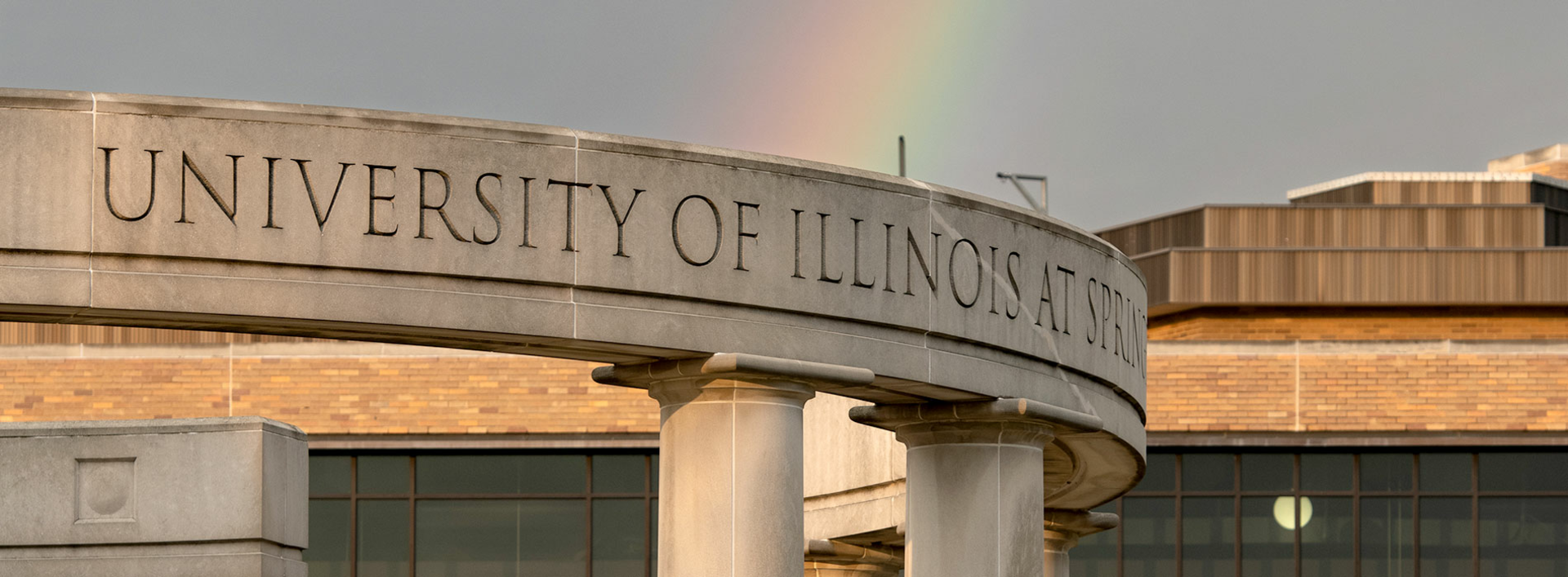Subawards
Important Distinctions:
Not every subrecipient of funds can be budgeted as a subaward. There are different rules with indirect costs and different tax implications - it is incredibly important to determine if the subrecipient is a contractor or a subaward. Improper categorization in the proposal budget can delay payment after an award as been issued.
| Contractors (often called: vendors or consultants) | Subawards |
|---|---|
| Defined under Business & Finance Policy 17 | Defined under Business & Finance Policy 16.5 |
| Provide specialized, technical services to accomplish objectives | Perform a significant portion of the scope of work under the main (prime) award |
| Operate in a competitive environment, offering goods and services within normal business operations | Have programmatic control of the means and methods for performing scope of work |
| Provide results, but does not control the means or methods of accomplishing the result | University assumes responsibility for subrecipient's programmatic and financial activities |
| Not bound to the terms and conditions of the prime award | Must comply with the terms and conditions of the prime award |
| Does not make contributions to publications and intellectual property | May make contributions to publications and intellectual property |
| If not named on a grant, must go through a competitive selection process with the Procurement Office | The Office of Research and Sponsored Programs must conduct a risk assessment on each named subaward. If the subawardee is not named, ORSP must amend the proposal to include a specific entity |
| Indirect costs are charged on the full amount of the contract, unless otherwise prohibited by a sponsor | Indirect costs are charged on the first $25,000 of the subaward, regardless of the period of performance |
Outgoing Subawards
These are funds that the University of Illinois Springfield is sending to another institution to conduct a portion of the scope of an award (aka UIS is the lead). UIS is called the "Pass-Through" Entity, or PTE, as the funds are passing through our office from the sponsor to the subawardee.
Giving ORSP contact information for the subrecipient will allow us to communicate our requirements and deadlines. The subrecipient's grant's office is expected to review and approve proposal documents before providing them to UIS. ORSP needs these documents at the same time they receive PI documents (at least 10 full business days before the sponsor deadline), so it is important that the subrecipient builds time into their schedule to receive local approval by UIS's internal deadline. UIS will then compile the entire proposal for submission.
Proposal Stage: At minimum, UIS ORSP requires the subrecipient's Scope of Work, Budget, Budget Justification, and a Letter of Commitment/Support from their grant office certifying that the documents have been reviewed and approved by the entity's authorizing official, and they agree to the scope of the proposal, if funded. When sponsors have additional requirements, UIS must also receive those documents. Common additional documents include Biographical Sketches, Current and Pending Sponsored Support, Available Facilities and Resources, and Data Sharing Plans.
It is important for the UIS PI to ensure that the subrecipient is explicitly named in the proposal budget. Overlooking this detail, while seemingly small, will require an amendment with the sponsor, as subrecipients must have prior approval documented in an award agreement.
It is highly recommended that potential subrecipients ensure that they start the process to have a SAM.gov Unique Entity Identifier (UEI) at this stage. UIS cannot issue funding to entities that do not have an UEI. Full registration is not required for entities that have no intent to submit directly to federal agencies. Waiting until the award stage can severely delay agreement executions.
Award Stage: Upon receiving notice that a sponsor intends to fund a project, UIS ORSP must conduct a full risk assessment of each proposed subrecipient. Some PIs choose to get this completed at the proposal stage to expedite the process once awarded. Some prefer to wait until a notice of award is received to reduce potentially unnecessary paperwork for their collaborators. Either is acceptable, though an agreement cannot be drafted without the information, and no funds can be released until an agreement has been signed by UIS's comptroller delegate, and the subrecipient's authorized representative.
ORSP will ask for information from the subrecipient in order to conduct this risk assessment: Subrecipient Profile Form (Box) (if not listed in the FDP Clearinghouse), Compliance/Assurances (Box) (all entities), and an Entity Review Form (Box) (for entities not subject to the Single Audit). The office will also check a Visual Compliance Database for restricted parties and SAM.gov for Suspensions and Debarments. Information from these multiple sources will help determine if a subawardee is low, medium, or high risk, or are restricted from receiving funding. Medium and high risk entities may have additional terms and conditions written into the subagreement.
Incoming Subawards
These are funds that the University of Springfield is receiving from an institution that was granted an award from a prime sponsor (aka UIS is the non-lead). The other institution is the Pass-Through Entity (PTE) for incoming awards.
UIS treats these as a typical grant submissions and award acceptance, with several minor changes:
- The PTE is considered the "sponsor." UIS is expected to adhere to their grant office's document requirements in addition to the solicitation and their internal deadlines instead of the solicitation date.
- In myProposal, the PTE is listed as the sponsor when you "Create a Proposal." Upon saving, a new field will appear on the first Basics tab - the originating sponsor would be listed as the prime.
- If awarded, the PTE will request additional information from the PI and ORSP so that they can conduct a risk assessment prior to issuing a subaward.
- UIS would not communicate directly with the prime sponsor - it is expected that we communicate with the PTE's grant office for invoices, updates, amendments, etc.
